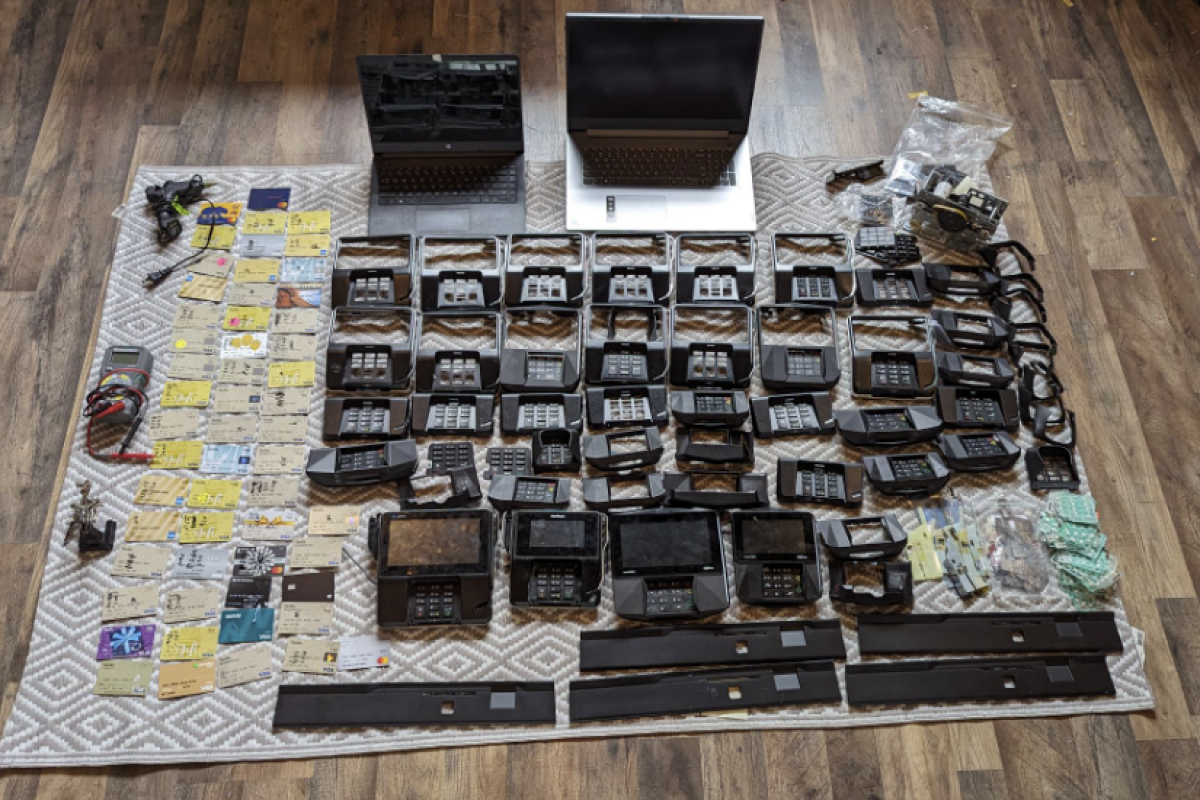A Romanian national who overstayed his U.S. visa has been sentenced to 10 years in federal prison for stealing tens of thousands of Electronic Benefit Transfer (EBT) cards from low-income recipients across California and New York.
Catalin-Marius Graur, 43, pleaded guilty in October to one count of bank fraud. When authorities arrested him at a New York City Airbnb in June 2024, they found over $37,000 in cash and nearly 1,500 stolen account access numbers, according to the Department of Justice.
Prosecutors said Graur used “sophisticated skimming devices” on ATMs and point-of-sale machines in Los Angeles and the Inland Empire to capture EBT card data. He then created fraudulent cards to withdraw public assistance funds meant for food and cash aid through programs such as California’s CalFresh and CalWORKS.
Graur entered the U.S. legally on a tourist visa in 2020 but remained after it expired. Investigators say he worked with an international network, providing one accomplice more than 36,000 stolen card numbers over three years. Another conspirator, Mihai-Adrian Humoiu, received a seven-year sentence in May.
The FBI’s Los Angeles division has long tracked Romanian-linked skimming operations targeting EBT cards, citing past arrests, including a Romanian city council member charged with identity theft in 2023. Skimming typically requires coordinated teams to install devices, collect data, and clone cards, making it an organized crime activity.
Historically, EBT cards have been easier to exploit because they lacked microchip technology. In April, California began issuing chip-enabled cards with tap-to-pay capability, reducing scam reports. Fraud now primarily occurs at stores without chip readers, officials said.
The state has also sped up reimbursement for stolen benefits. Claims must be filed within 90 days, and agencies are required to process them within 10 days—often within one or two. Under CalFresh rules, reimbursements are limited to once per federal fiscal year and cannot exceed two months’ worth of benefits per incident.











Leave a Reply